
Proteins are a very important part of healthy diet and they are essential for proper functioning of all parts of the body. Sometimes a person does not get enough protein in his or her diet, which has different effects on his or her health.
What are proteins?
Protein is a macromolecule made of carbon, nitrogen, oxygen, hydrogen and sulfur. It typically consist of 200 or 300 amino acids and it is a vital component of all living cells. Proteins serve to produce, repair and maintain bones, skin, hair, muscles and organs and they are also important in the production of enzymes, hormones and genes. They provide energy to the body, although on a lesser level if compared to carbohydrates. They also participate in regulation of the immune response and cell functions like signaling and adhesion.
Proteins are also required for the production of hemoglobin, which is a part of red blood cells that transports the oxygen throughout the body.
Proteins are often called the building blocks of the body. In fact, every function in the body depends on proteins. Children need 0.5 grams of protein per pound of body weight every day, while adults need more, approximately 60 grams per pound. People who look to improve their muscle mass through body building are also advised to increase their intake of protein.
Good sources of protein
Proteins are essential nutrients and it is absolutely necessary to include them in the daily diet in the required amount. They are required for the adequate muscle growth, development and strength as well as for the energy. Proteins are also important in weight loss.
There are two basic types of proteins - complete and incomplete proteins. Complete proteins contain all of the essential amino acids. Most foods of animal origin contain complete proteins, and this includes foods such as meat, fish, poultry and dairy products. Eggs are considered to be the best source of complete proteins. In addition, complete proteins can be obtained from certain plant-based foods, such as soybeans.
Incomplete proteins contain one or more of essential amino acids, in smaller amounts. These food sources include seeds, nuts, grains, legumes and vegetables.
Generally speaking, the best sources of protein are seafood and fish, dairy, eggs, meat, beans, legumes and nuts. People who want to make sure they get enough protein from their diet should regularly eat fish, milk, yogurt, cream, cheese, eggs, white lean meat, lima beans, red kidney beans, soy, tofu, cashews, almonds, lentils, rice, oats, wheat and similar foods.


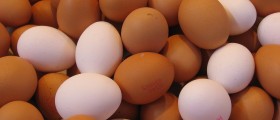


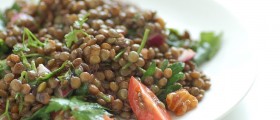
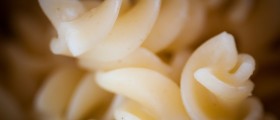

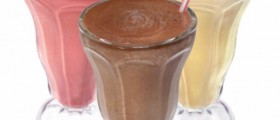
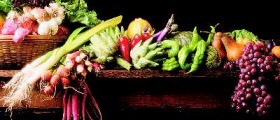

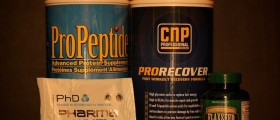

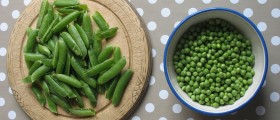

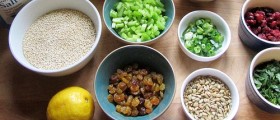
Your thoughts on this
Loading...